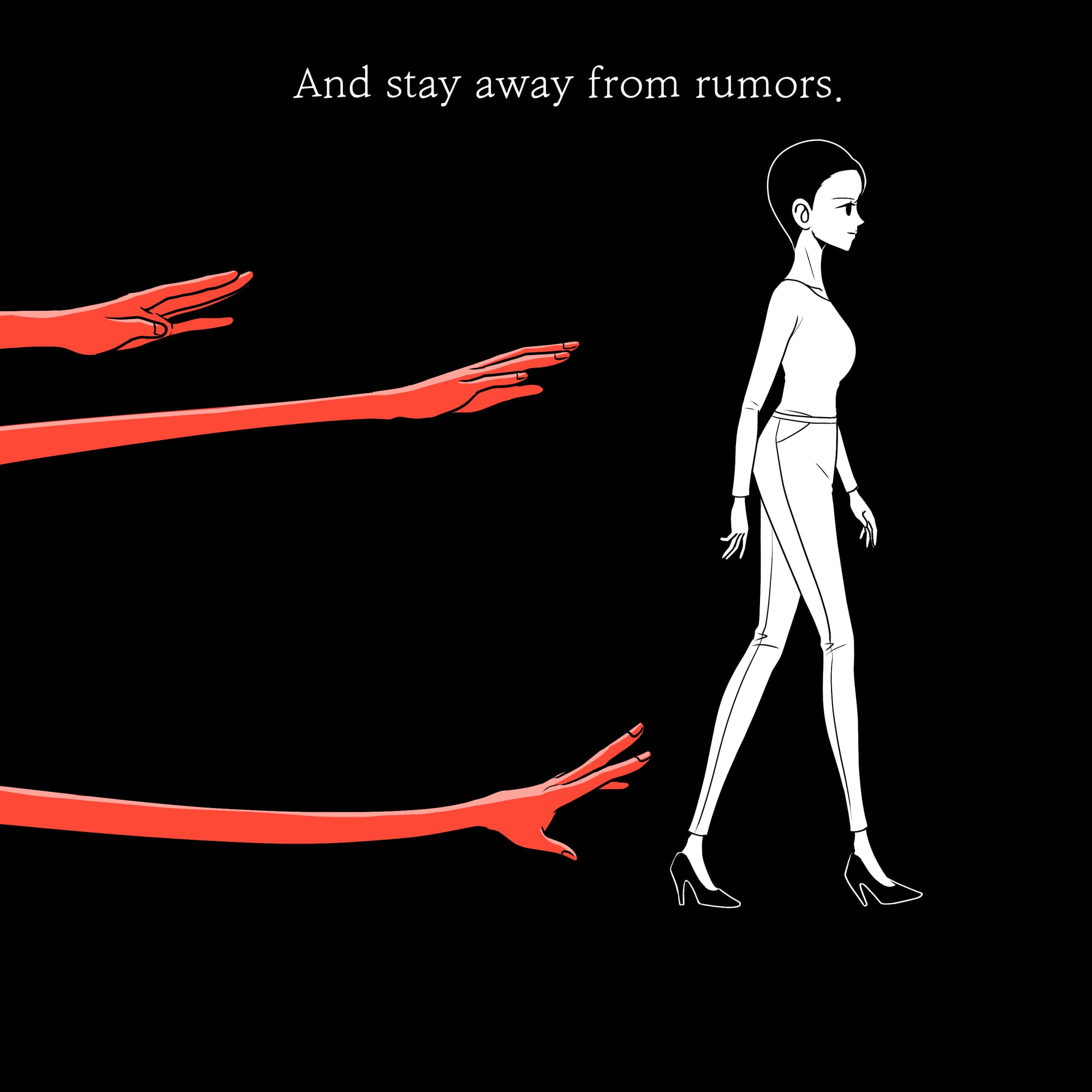A while ago, an occupational therapist told me that menopausal symptoms are something I need to ‘…get used to’. Even as a woman, adapting to life after cancer, it has to be said that the clinician had a point.
The road to recovery requires adaptation. Some people adapt quickly but some take time. One problem, something that medics don’t necessarily talk about at length is menopause. Oncologists, G.P.s, and specialist nurses have their insights, as do celebrities, media reports, and lingering statements made by an outdated W.H.I. report. And a common assumption, an assumption that I made too, is that suitable candidates can be prescribed H.R.T. as a one-size-fits-all, which can be calibrated if needs be, but is usually good to go from the day you start taking it.
The problem is, there’s so much varying information out there making this a hard road to navigate. I am not an expert on H.R.T., but I have some personal experiences that might be useful or interesting to people on this road. There are some wonderful, insightful experts out there. So, this blog will link to them, with comments on how their research has influenced me, and how they have helped me see that a slow recovery is not necessarily a bad recovery. More details about the benefits of H.R.T. are being added to current research, so the future looks brighter for menopausal women. However, the road remains long due to a few reasons I am going to outline below: -
The fact is, my symptoms are something I need to adapt to because I am in my 30's and must work for my financial and emotional well being. This means that I cannot afford to wait around for something to instantly ‘fix me’. But consider all the various iterations of H.R.T. I have been on over the past year, and it would seem, to all extensive purposes, that H.R.T. is a hugely specialist and complex thing, dependent on all sorts of factors.
This is not the one-size-fits-all I initially thought it was. Nor is it something that can be fixed with a one-off appointment. From a practitioner’s perspective, it sometimes seems that the task of managing menopausal symptoms seems unappealing, underfunded, and long-winded. In many ways it is easier to suggest patients ‘…get used to it’. After all, women since time immemorial have been doing so. But this attitude is probably the main barrier woman must overcome.
A second barrier, in my experience, is medical specialists not having access to consistent menopause training. For example, various cancer specialists have told me that women routinely have their precise hormone replacement requirements mapped after chemo-radiotherapy. Other medics have claimed that I am not experiencing menopausal symptoms because I’m taking H.R.T. Sometimes, my symptoms were put down to long term effects of radiotherapy. And, at the end of my cancer treatment, I took these things at face value.
However, to avoid false expectations, women will benefit from getting their menopause advise from those certified by the British Menopause Society. This is not a reflection of the brilliant people that treated my cancer, but a reflection on the way menopause has been taught in medical schools. Belief that menopause is a meaningful medical event is only just starting to take off in in medical schools, with NICE recognising that current healthcare professionals need some support to get themselves updated in response to inaccurate media reports.
A third barrier is the fact that H.R.T. is steeped in myths and legends propagated by the media. And some myths are downright worrying. For example, it’s deliberately eye-catching to read a headline stating that such-and-such a drug might cause cancer. H.R.T. statistics are often represented in misleading and worrying ways - and no one could begin to assess the reach of such misinformation. But the fact is, this inaccuracy has stemmed from influential – but out of date – research. This research has influenced medical professionals and lay people, alike. Unfortunately, we women don’t have parity in the healthcare we access. This is because women’s health is all too often under researched and over dramatised.
The assumption, current in some places, that menopause symptoms are something that women ‘..just get used to’ obscures the fact that there are a number of dedicated specialists lobbying for improvements in care. It obscures the fact that media headlines are falling over themselves to scare and provoke. It obscures the fact that at the end of the day, it is perfectly possible to emerge from the symptoms and return to an energised, pain-free life. If your symptoms seem like a foregone conclusion, that may be because you have been accessing the wrong support, limited by the resources and preferences available to a specific medical practice.
I see now that help is at hand for women going through a difficult menopause - but we must be proactive in accessing it. A good place to start is with the Women's Health Concern, Menopause Cafe and Surmeno. They have created a place to get information and share experiences and help me feel a little less alone with my symptoms . This focus on menopause - and particularly medically/surgically induced menopause - might strike some as being narrow, but the world of menopause treatment is huge with plenty of misinformation muddying the waters. These groups help you navigate your way through this confusing world. Thank you menopause support groups <3
Image credit: Photo by United Nations COVID-19 Response / Unsplash
